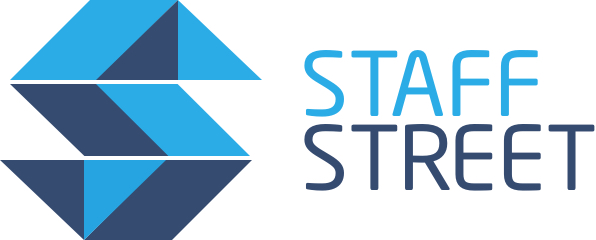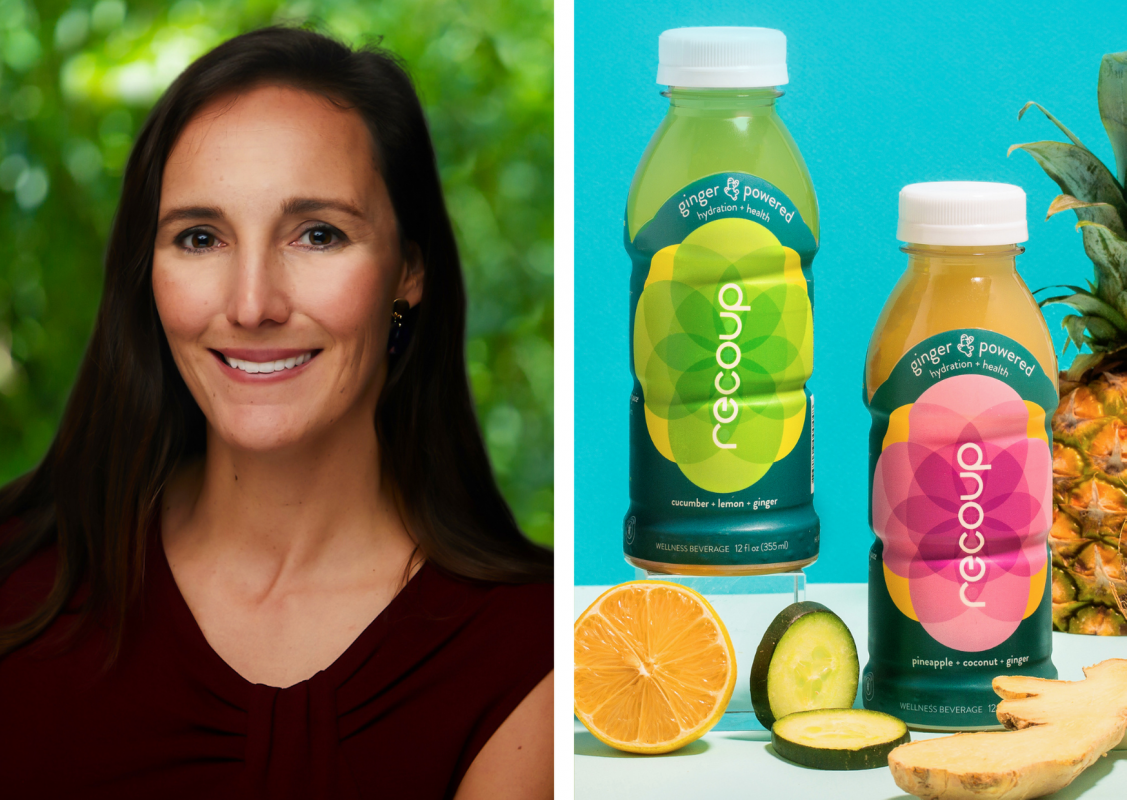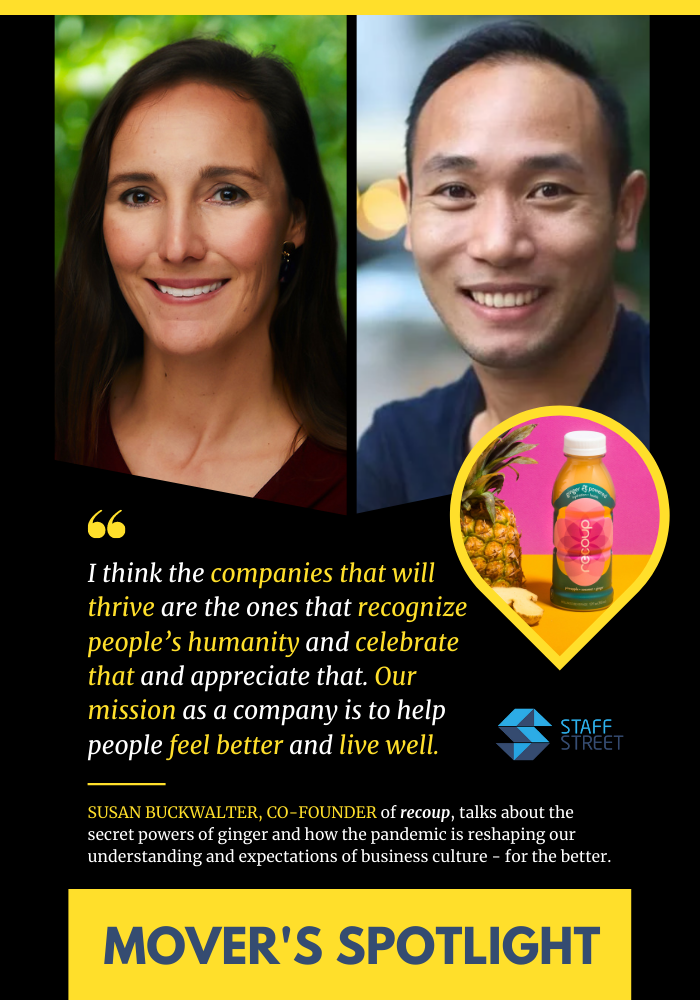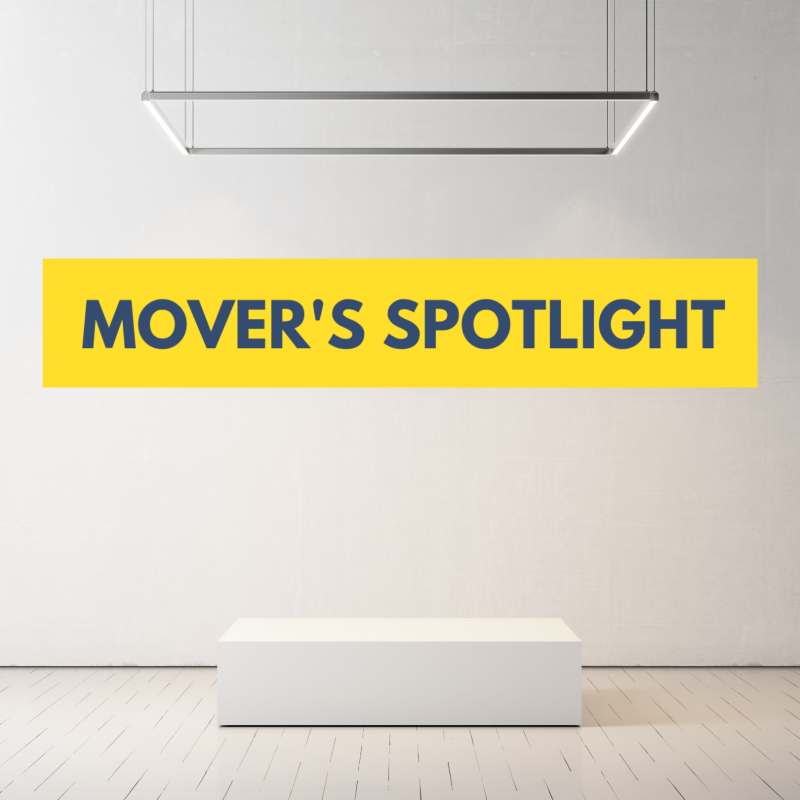
Let’s start from the top. Tell our readers what recoup is all about.
Susan Buckwalter: recoup is a ginger-powered wellness beverage. We consider ourselves somewhere between a healthy alternative to a sports drink and a daily-wellness beverage. We use two teaspoons of pressed organic ginger in every bottle. That’s the amount that’s been clinically proven to improve post-workout muscle recovery, digestion, and immunity. It’s a clinical dose of ginger, but we make it delicious. We have three all-natural flavors: watermelon-blood orange-ginger, pineapple-coconut-ginger, and cucumber-lemon-ginger.
To put a little more context on it, we started recoup because my co-founder, Siwat Siengsanaoh, went through a lot of health issues as a kid. He spent the first three years of his life in the hospital. And his mom’s ginger recipes were a big part of his recovery. He went through ten major surgeries before he was 12, and these ginger drinks always made him feel better. He went on to study physiology and was working in the children’s hospital where he had lived, and came up with this idea to develop a ginger drink.
For my part, as a college athlete, ginger is something that I used as an anti-inflammatory and I just liked the taste of it. It was something I was very familiar with. When we met, I brought more of the athletic fitness side and he was more focused on serious recovery. When we started talking, we realized it’s really delicious and people love it. We said, “Let’s take all these benefits that ginger has and make it more available to a wider audience.”
It’s timely to talk about health when everyone’s stuck at home and moving a lot less. Do you think recoup is necessary even when they’re not working out or going to gyms?
Our mission is to help people feel better and live well. And that can be whether you’re undergoing recovery from a workout, from a health issue, or just a hard day. I like to think of it right now as a “resilience drink” and I think we could all use a daily dose of resilience. Ginger also has many health benefits. It’s naturally energizing, because it does increase your circulation. Even if you use it as an alternative to a second cup of coffee, and a little bit of hydration and energizing boost in the afternoon. I think it’s a very versatile kind of drink.
Two of our flavors—cucumber-lemon-ginger and the pineapple-coconut-ginger—are really delicious hot. I’ll put them in a mug, microwave it for a minute, and drink it hot in the morning. And it’s the same as doing the ginger-honey-lemon detox first-thing-in-the-morning drink.
You see, ginger is really increasing in popularity (40% to 70% increase in Google search results) thanks to the influence from other cultures and other cuisines. What I like about it from a brand owner standpoint is I tell people “ginger” and they go “Ooh, I love ginger” and they know it’s good for them. So, I don’t have to educate as much as if I had this really rare and complex ingredient. It’s recognizable.
How do you ensure that recoup contains the benefits you say it does?
You see a lot of ginger-flavored things. Some of them have real ginger, some of them have ginger flavoring. Obviously, you don’t get the benefits from ginger flavoring. To get the benefits, you need a significant amount – you need the two teaspoons, like we have with recoup. So, we’re the only wellness beverage company I know that’s using ginger from a benefit standpoint, and having that clinical property of it. We’re unique in that space. And when it comes to the sports drink market, we want to go beyond hydration to offer health benefits. The top of our label professes “ginger-powered hydration and health”.
You’ve talked about your consumer-focused go-to market strategy the 19th Bevnet New Beverage Showdown. So, how did you come up with this strategy and has it been changed by the pandemic?
When we first launched in January, we had the idea that gourmet grocery stores and cafes were going to be a higher-volume outlets, but that fitness studios were a great strategic outlet. Our target consumer is the wellness-minded millennial, and we skew more female. Being in these boutique classes like yoga, barre, and Pilates gave us direct access to our consumers at a point when they were probably ready for a recovery drink. It was a really nice opportunity to connect with them, and to connect with a curated audience.
With the pandemic, obviously, most studios are closed or started to reopen lately. So, we did lose that distribution and sampling channel. We’ve been working hard to still connect with that consumer online, and really tell our narrative, tell them why we’re different, and get them to buy on e-commerce. It’s always a platform that we’ve had, but it was never a strategic priority in the beginning. Now, it’s more important. Now, we’ve just been focusing on the channels that we’re still able to activate, like those grocery store channels.
Did the pandemic affect other areas of your operations or supply chain?
Everything was just slower and took longer than we wanted it to. We were still popular. We sold out during the summer. That’s great from a popularity standpoint. But as a business, you obviously want to keep in stock. That was one downside, it took longer to get our next round of products.
We took that opportunity to improve. We went ahead and took the time to revise our label. It’s pretty similar, but the new one has more teal – which allows us to have more impactful communication space: it gives us a chance to tell our story better. When our old one came out, it wasn’t until we saw it that we realized, “Oh, the flavor is really hard to find.” So, we had to fix that, right? We did a lot of consumer testing, and got feedback from our fans and friends, and we’re happy with the new design.
So, you did a lot of going back to the drawing board in the past months?
Yes, both from a go-to market standpoint and our e-commerce channel. Like I said, e-commerce had not been a priority. So, we spent more time recently building our e-commerce ecosystem, investing more in SEOs, investing more in our website, etc. The pandemic threw a little bit of a shift in what our priorities were and just made us reassess what we needed to spend our time and efforts on.
So, from an SEO and e-marketing standpoint, what has been your approach? Has it been to create youtube channels, to create content, or to focus on social media networking?
We’re spending small budgets on social ads and search ads. But it’s not really contributing to where we’d want to be when we have raised more significant funding. I think the scrapier and the more resourceful thing we’ve been doing is investing in content. So, we have a blog that covers a variety of wellness and fitness topics. Especially during the pandemic, it’s our way of giving our audience what we think could help them. and sharing it with our community. It serves a purpose in that it helps our SEO, but then also we want to be able to share and be a part of other people’s wellness journey and provide something meaningful there.
You’ve talked about the importance of community. How have you been able to maintain that sense of community not just with your consumers, but within your organization?
So, from an internal standpoint, my co-founder, Siwat, and I connect everyday. We talk on all different channels. We’ve had a great team of interns over the summer and over the fall. So, that’s been really interesting. We’ve done these virtual team meetings that everyone enjoyed and benefited from.
It can be lonely as an entrepreneur. Even when it’s just Siwat and I, it’s great. It’s so much more energizing when you have a team of people, especially young interns who are excited about learning new things and helping out. The weekly all-team meeting was a really energizing thing to do, even if it was done virtually. Our company culture shaped those meetings.
It wasn’t just meetings about the tasks. It was meetings where we talked about things that were going on in the world, how we wanted to respond as a company, and how we felt. We really brought ourselves, our full selves, into those meetings. It’s a really important thing as you work with people and create the culture of your company, to let everyone be their authentic selves.
That’s a massive issue. Working so far apart can break cohesion. At the same time, working from different places can bring in more unique, more grounded perspective into the business culture. Has it worked out for you that way?
I think so. In the old model, you sort of leave a lot of your personal life behind when you step into the office. You put on your office outfit and your office persona. COVID has totally broken down those walls. Even from the way you look, even the way you present yourself in business in a lot of ways. I think, just being able to see into each other’s apartments, see our pets and our families and all of those things just takes away any of that screen or that wall. And I think it’s a good thing and it allows you to get to know people at a deeper level.
Do you think this will affect the business culture of the future?
I hope so. At the end of the day we’re all humans, and we all have our emotions and needs and feelings. And it’s silly if you have to pretend that’s not true, and you just have to be a worker bee. And so I think the companies that will thrive are the ones that recognize people’s humanity and celebrate that and appreciate that. And those are the type of cultures that will be more appealing moving forward. Whether companies go back to a more formal office environment, we’ll have to see. I think many are going to look at the rent that they paid, and the way that things are done, and choose to adjust to a new normal. For me, I’m excited about the idea of running this business remotely for at least a little while longer.
Did any past work experiences help prepare you for running recoup during a pandemic?
I was at eos products before recoup. I was Unilever before that, and business school at Cornell University before that. I’ve had a lot of formal training in brand management and great experiences, including on natural products and brands such as Dove and Dove Men. It’s nice to have those resources and training ground, but it’s really fun to work on something that’s your own.
I think those experiences prepared me to run a business through anything. I’ve had the benefit of learning and being trained on so many different levels in different industries.
For example, I know about supply chains because I’ve led innovation with different companies. As a brand manager, I’ve worked with many different departments in order to lead a brand. My experience has been really helpful in creating recoup and bringing it to market. I could have become an entrepreneur 10 or 15 years ago, but I feel better prepared with the way it worked out for me.
What’s a lesson or a key takeaway or an advice that you’d give other people who are just starting out in the industry?
I’m trying to think if there’s anything that I would say that’s unique to this time. I would say, “Don’t wait.” First of all, it doesn’t matter that there’s a global pandemic going on. If anything that creates additional opportunities in certain areas. I would look at the space that they’ve been planning, and make sure that they’ve been optimizing it for this time.
But acknowledge that this will not last forever. It takes six months to a year to develop and launch a product. You don’t need to plan it for just now. Plan it to work for now, but also plan it to last for years, even if things readjust.
In terms of the food business, just make sure that people like it. And so, if that’s making small batches and selling them locally, spend the time to refine the taste, refine whatever elements of the product while you’re making it out of your kitchen, or while you’re making it at a small scale. That’s easier to do in your kitchen than to do that on a larger scale, and you need to get that right or people won’t buy it.
The nice thing about recoup is that 90% of people, when they try it, they really like it. So, my job is just to get them to try it.
If you had a magic wand to improve one aspect of your business as quick as magic, what would you use it on?
I mean, I wish we had more money. We’re raising capital right now. With a magic wand, I’d fund us more. In terms of the way we manage things, because we’re so small, because it’s Siwat and I, that’s our decision everyday. We make those adjustments as we go. There’s nothing that’s hanging over my head that I wish I could sweep away, because I think we adjust and we adapt as we go.
In a year’s time, do you see yourselves taking on bigger challenges like exporting?
Honestly, I haven’t looked into it very much. But I know of a few companies who are similar who sell very well in Japan. I’m open to that sort of opportunity. The advice that I’ve gotten from other beverage entrepreneurs is to do really well in one or two markets, and then establish yourself, and then let someone else help you grow. We’ve been very focused on not stretching ourselves too thin or too far and wide. And I think that has worked to our advantage.











Pingback: 4 Things To Know Before Working in Customer Service - Staff Street
Pingback: 4 Real Strategies for Building a Strong Customer Base Online - Staff Street
Pingback: Working from Home: the Benefits, Challenges, and Lessons for 2021 - Staff Street